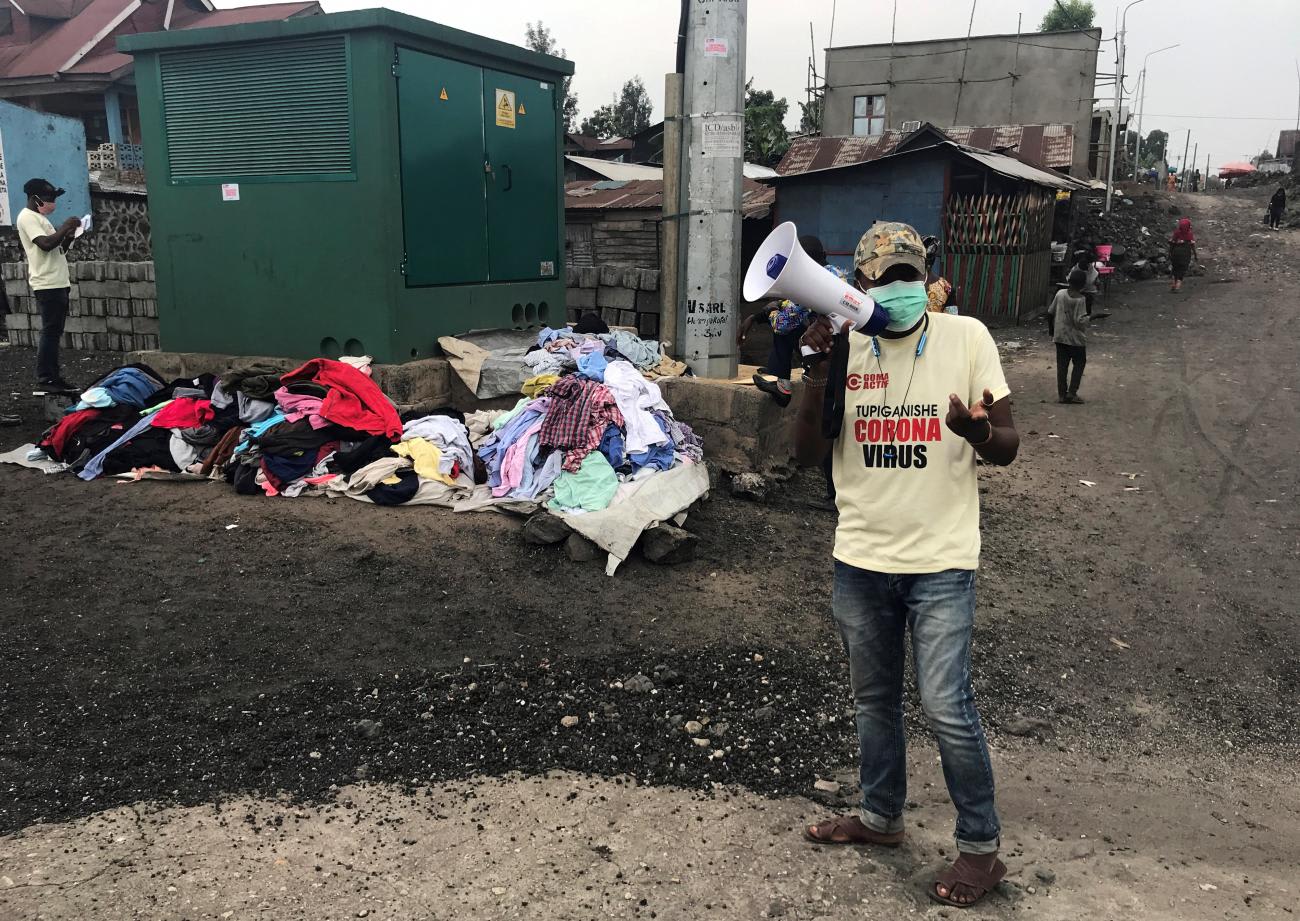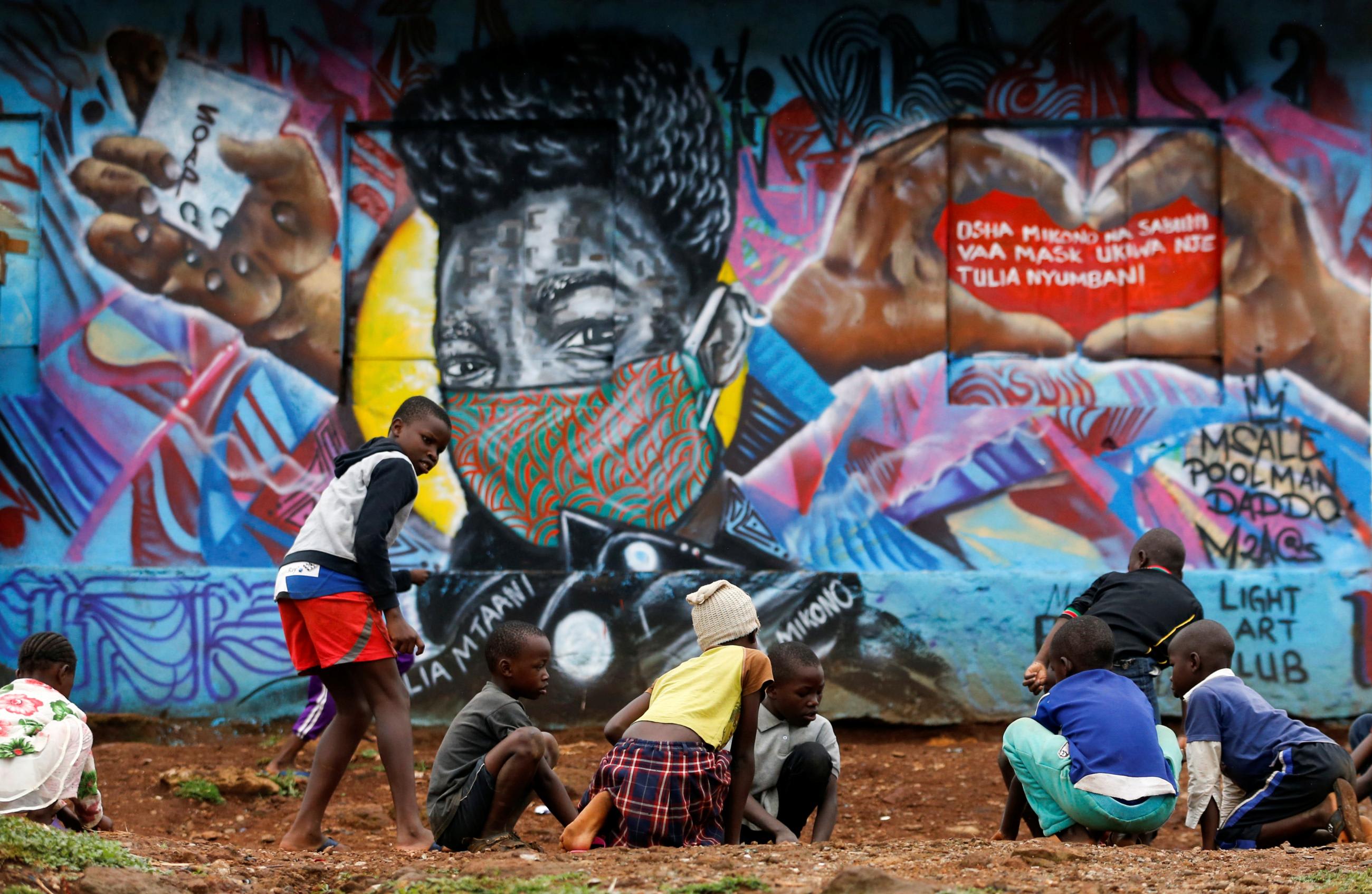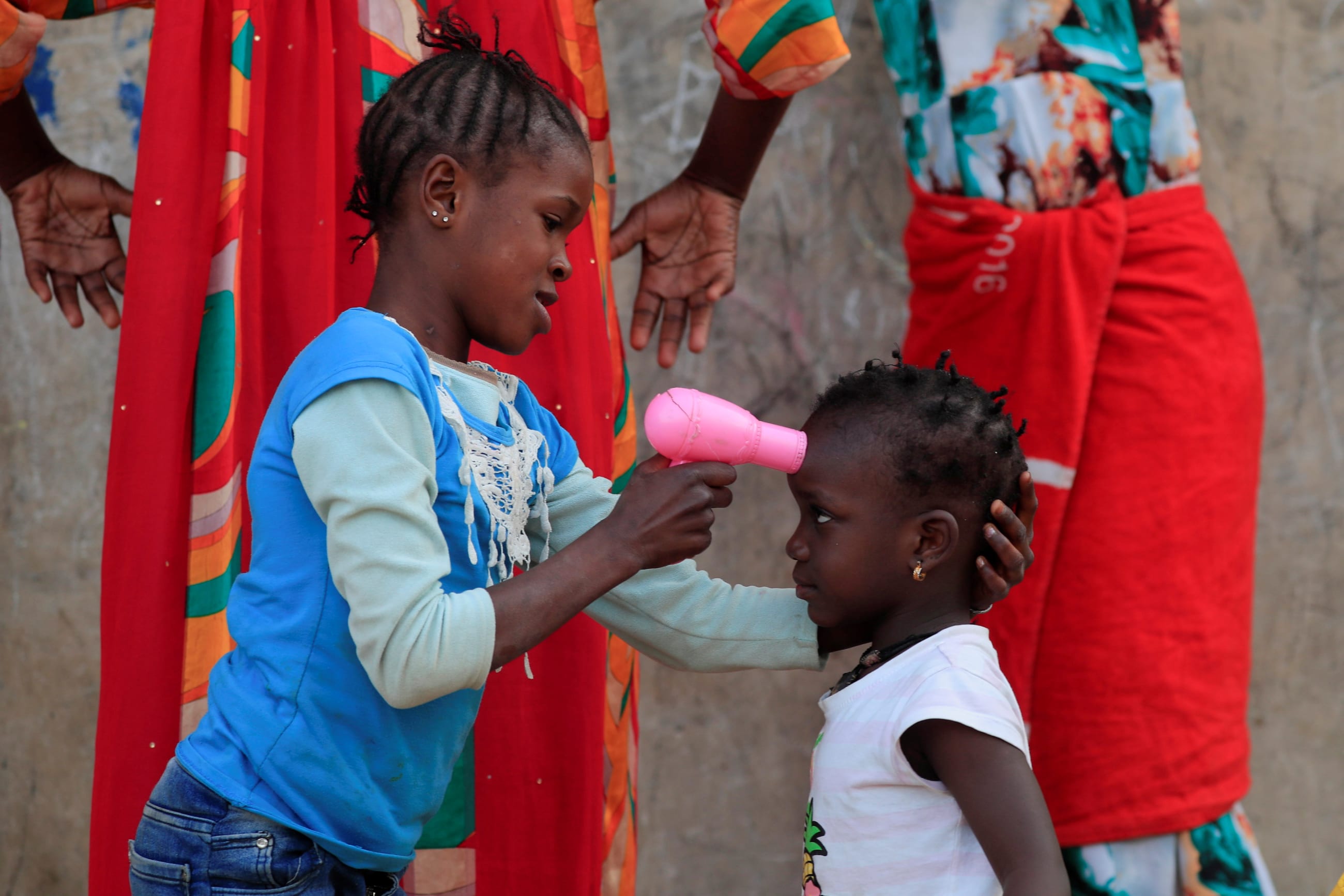Country borders and language barriers do little to stop the spread of personal opinions and unverified scientific claims about health and disease. For example, a 2015 study conducted by the South African Vaccination and Immunisation Centre found that 78 percent of anti-vaccination web-content originated in the United States. During the COVID-19 pandemic, misinformation about the causes, treatment and prevention of the disease have circulated widely, and many African countries have implemented efforts to educate the public and refute false claims. These approaches are important because misinformation thrives amid fear or lack of knowledge; education, not oppression, is key.
Organizations, communities, and individuals in countries across the continent are using technology to counter misinformation. In Nigeria, Sierra Leone and Benin, governments and local non-profits have used digital platforms such as WhatsApp and various forms of mobile messaging to disseminate information about prevention practices and facts about COVID-19. In Sierra Leone, people can also use the online tools to learn about the current number of confirmed COVID-19 cases and deaths, check their symptoms against diagnostic criteria, and learn about prevention practices.
78 percent of anti-vaccination web content in South Africa originated in the United States
In addition to leveraging digital platforms, countries have developed context-appropriate strategies to share accurate information about COVID-19. Because many communities in Africa have a strong cultural tradition of storytelling and oral communication, people frequently turn to radio for information. Countries such as Zambia, Mali, and Uganda have used radio to share accurate information about the pandemic. In some regions in Chad, traditional storytellers have shared messages about COVID-19.
Several countries have also tapped youths, who are more likely than adults to encounter misinformation online. In Ethiopia, Zimbabwe, Sudan, and Niger, governments trained adolescents to use digital platforms to identify misinformation, dispel rumors, and educate the public. Engaging youth in addressing misinformation is a great strategy since they can act as credible messengers spreading truth about COVID-19 across their networks. Their friends tend to consider them more trustworthy than other sources.

Engaging with community leaders, especially in rural areas, is another important strategy for spreading public health information. Several studies about the 2014 Ebola epidemic in West Africa emphasized the importance of engaging with community leaders, including religious leaders, to help spread key messages to curb the spread of the disease. People in rural communities might not have access to the same resources and information that are available in urban areas and might also perceive themselves to be at lower risk for catching COVID-19 since they do not live in densely populated areas. Community leaders can educate people about the disease and encourage them to adopt public health measures to limit its spread.
Unfortunately, some African countries' attempts to control misinformation have been counterproductive. Some countries have used police violence, arrest, and prosecution to address the spread of misinformation, measures that organizations such as Amnesty International consider a violation of the right to free speech. For example, in March 2020, the Moroccan government adopted a controversial draft law which makes the spread of misinformation illegal and punishable by jail time. And in Uganda, the government has arrested and jailed people who share misinformation. Using force and detention are not effective ways to address misinformation and can actually increase distrust of information from official sources, especially in countries where citizens do not trust the government. But countries that have embraced community and youth engagement, radio messages and other approaches, should continue to receive philanthropic and government support even after most of the African population has been vaccinated.
Using force and detention are not effective ways to address misinformation
There are also promising new efforts such as the Africa Infodemic Response Alliance, which was launched by the WHO and partners in December 2020 and brings together experts in epidemiology, digital health, behavioral science and other domains to rapidly detect and combat misinformation. Initiatives like this should evaluate the impact of various interventions and adopt those that work in specific communities. This will require exploring why certain types of misinformation thrive in different communities and working with communities to address new and recycled misinformation as it emerges.
As long as there are disease epidemics, the danger of misinformation will be ever-present, and we cannot underestimate its potential to influence the control of infectious diseases. In order to address misinformation, we must work with communities to spread truth about the causes, treatments and prevention of infectious diseases.













